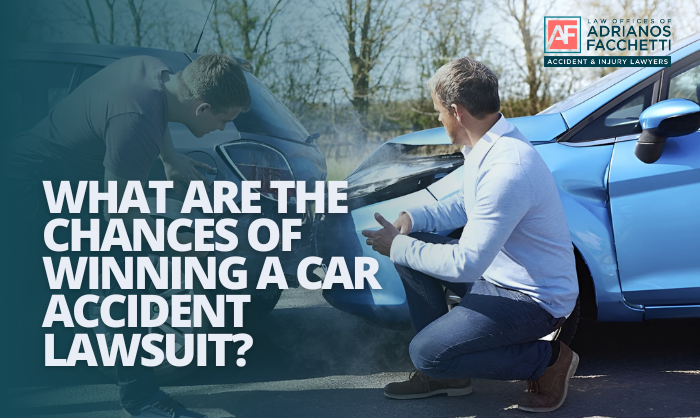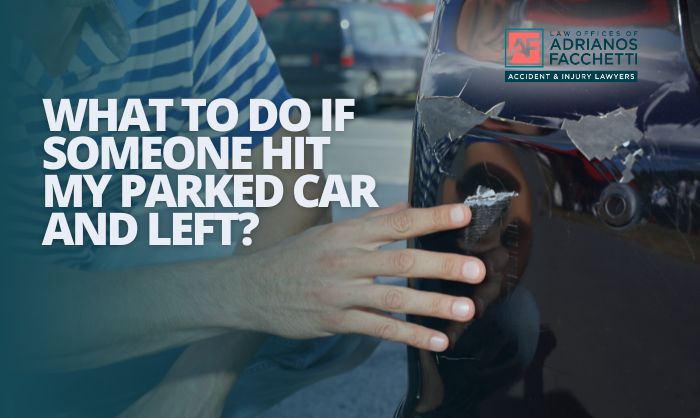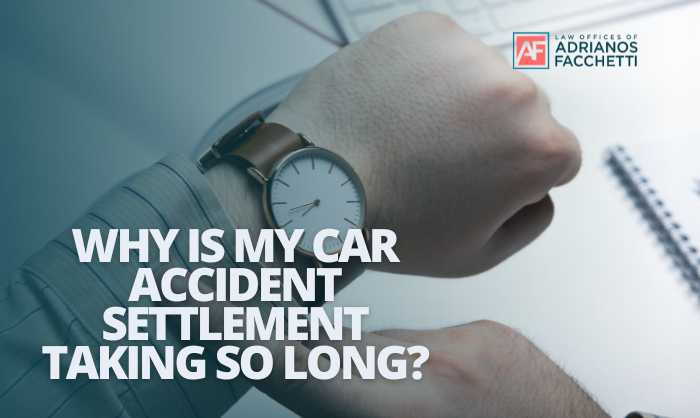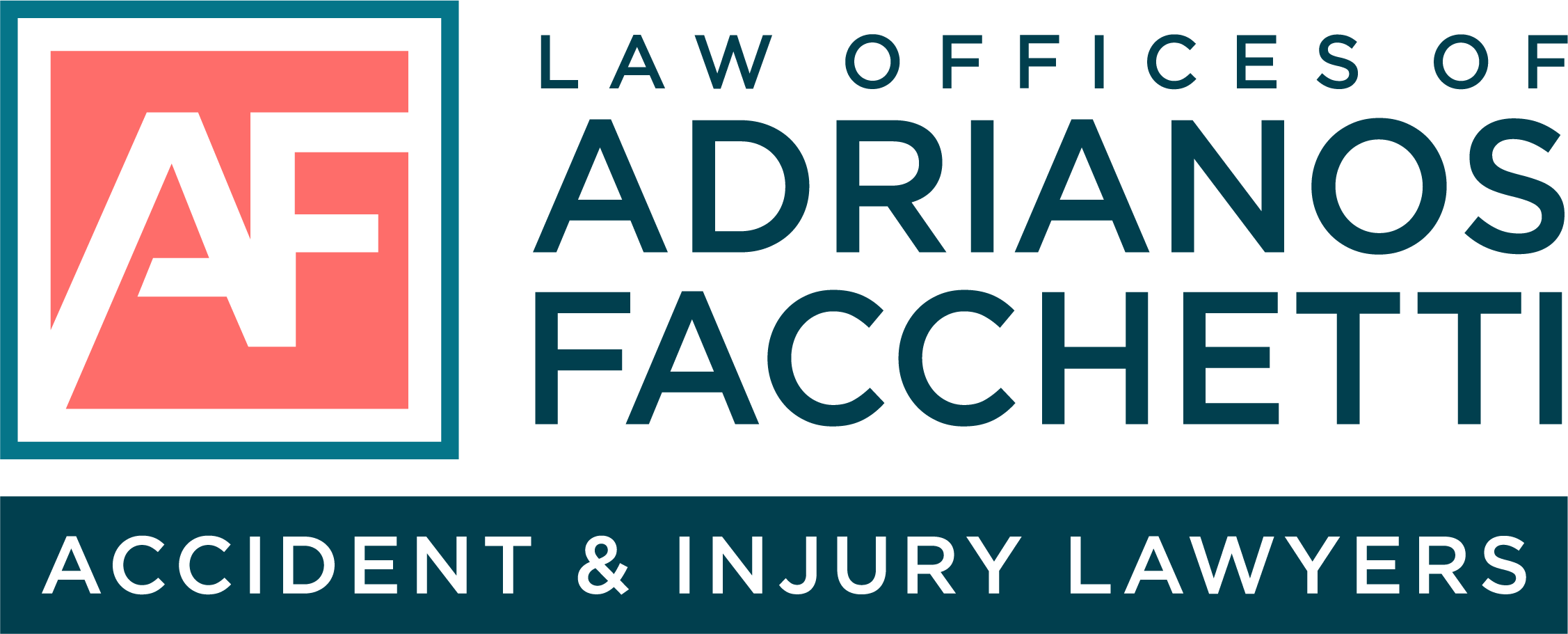You’ve been through a car crash, and now you're staring at medical bills, repair costs, and insurance calls that don’t quite add up. Maybe you’re wondering if it’s even worth pursuing a lawsuit or what your actual chances are of coming out ahead.

The truth is, every car crash lawsuit is different, but there are clear patterns in who wins, who settles, and why. Whether you’re just starting the process or weighing your options, understanding the odds can help you take the next step with confidence. And if you're looking for answers now, call (626) 793-8607 for a free case evaluation from experienced legal representation that’s handled thousands of similar claims.
Understanding the Chances of Winning a Car Accident Lawsuit
If you're considering a car accident lawsuit, the first thing you probably want to know is: do people actually win these cases? The answer is yes but how you handle things makes a big difference.
Most personal injury lawsuits don’t make it to trial. In fact, about 95% settle, often because the at-fault driver’s insurance company wants to avoid court. But when cases do go to trial, plaintiffs win about 50 to 61% of the time.
Your specific outcome depends on the facts of your accident, the legal process, and whether you’ve got help from someone who knows how to deal with insurers. Every case is different, but having clarity on your odds helps you make smarter decisions.
What “Winning” Really Means in a Car Accident Case
“Winning” a car accident case isn’t just about standing in court and hearing a verdict. For most people, it means getting a car accident settlement that covers your medical bills, lost wages, and compensation for the pain and suffering you’ve been through.
Sometimes that comes from negotiating a fair settlement outside of court. Other times, it means going to trial to hold the other party accountable. Either way, success means walking away with the financial support and closure you need to move forward.
Settlement vs. Trial: What Are the Odds?
The majority of car accident claims are resolved through a settlement. That’s not because people are giving up it’s because most cases are strong enough that the insurance company prefers to settle rather than risk a bigger loss at trial.
Going to court is sometimes necessary, but it also takes more time, carries more risk, and usually costs more. With a solid case and the right personal injury lawyers, many people get a better deal through negotiation without stepping into a courtroom.
What Makes a Car Accident Case Strong?
A strong car accident lawsuit isn't about luck it's about preparation, details, and having the right support. If your case has a solid foundation, the odds of getting fair compensation go way up. Here’s what typically makes a case easier to prove and more likely to settle in your favor:
- Solid evidence - Things like accident photos, police reports, damage estimates, and medical bills help paint a clear picture of what happened and what it cost you.
- Clear fault and liability - When it's easy to show the other driver was at fault, you're in a much better position to negotiate or win in court.
- Consistent medical care and records - If your treatment was delayed or scattered, it raises doubts. Consistent documentation strengthens your claim.
- Skilled legal representation - The experience and negotiation ability of your lawyer matters. They know how to deal with the insurance company and build a case that works.
- Accident reports that support your story - Details from police or witness statements can be powerful tools when trying to prove what really happened.
- Expert evaluations - Sometimes your lawyer may bring in accident reconstructionists or medical experts to support your claim.
- Prompt action - Taking the right steps early, like filing your car accident claim and preserving evidence, shows you’re serious and organized.
These things together can help turn a confusing process into a clear path forward.
Factors That Can Hurt Your Chances of Winning
Even with a valid injury, certain things can weaken your case and reduce what you're offered or whether you get anything at all. Knowing what to avoid is just as important as knowing what helps.
- Disputed fault or shared negligence - If the other side says you were partly to blame, it could cut into what you recover or stop your case completely.
- Delayed medical treatment or gaps in care - Waiting too long to see a doctor or skipping follow-up visits can suggest your injuries weren’t serious or related to the crash.
- Weak or missing documentation - If you don’t have solid records like police reports, medical records, or photos, it’s harder to prove your side.
- Talking to insurance companies without legal guidance - They may record your calls or twist your words. A lawyer can handle this for you.
- Giving inconsistent statements - If your version of events changes, it can damage your credibility with adjusters, lawyers, and the court.
- Posting on social media about the accident - Even harmless posts can be used against you if they contradict your claim.
- Missing deadlines - Each state has a statute of limitations. Filing too late can end your case before it starts.
- Not following doctor’s orders - Skipping treatment or not sticking to your care plan gives the defense a reason to doubt the seriousness of your injuries.
These issues may not seem like a big deal early on, but they can seriously impact your chances as your insurance claim moves forward.
What Happens During a Car Accident Lawsuit?
If you’ve never been through a legal process like this before, it can be helpful to understand the basic steps. Lawsuits don’t all play out the same way, but here’s the usual path from start to finish:
- Investigation - Your lawyer gathers the facts, reviews your injuries, and starts building a strategy. This includes looking at police reports, photos, medical records, and any witness statements.
- Filing your claim - You formally start your case by notifying the other party and the insurance company of your intent to seek compensation.
- Discovery phase - Both sides exchange information. This includes written questions, document sharing, and sometimes depositions.
- Expert evaluations or testimony - In more serious cases, professionals may be brought in to support your case with technical or medical insight.
- Settlement negotiations - Many cases resolve here. Your lawyer and the insurance company go back and forth to reach a fair offer.
- Mediation or arbitration - If both sides are stuck, a neutral third party might help move things forward.
- Going to trial (if needed) - If there’s no agreement, your case may go to court, where a judge or jury decides the outcome.
Each of these steps takes time. Depending on the complexity, some car accident claims settle in months, while others may stretch over a year. A good attorney will explain what to expect, what each step means, and how they’ll guide you through it.
How Your Lawyer Can Influence the Outcome
Not all lawyers approach a personal injury case the same way. The one you choose can make a major difference in how your case is handled and how it ends.
An experienced auto accident attorney understands how to build your case, talk to insurance companies, and spot issues before they become problems. Their reputation also matters some lawyers are known for settling fast, while others are respected for their success in court, which can shift how insurers respond.
Good legal representation includes more than just showing up. It means strategic thinking, solid communication, and someone who knows how to navigate both the claim process and the courtroom. Since many lawyers work under a contingency fee agreement, you don’t pay unless you win, which makes choosing the right person even more important.
Negotiation: A Key Factor in Case Success
Most insurance settlements are negotiated, not decided by a judge or jury. This makes negotiation one of the most important parts of your case.
A strong lawyer understands how to work with claim adjusters, push for a fair amount, and know when to hold firm or walk away from a low offer. Skilled negotiation often results in better compensation without the stress and risk of going to court.
If the insurance company senses that your lawyer is prepared to go to trial, it can increase the value of your claim. That’s why choosing someone with both courtroom skill and negotiation experience gives you better leverage.
Does Location Matter? How Jurisdiction Can Affect Your Case
Where your accident happened can change a lot about how your case plays out. Different states follow different rules, and those differences can affect your outcome.
In at-fault states, the driver who caused the accident is financially responsible. In no-fault states, your own insurance might cover your costs, regardless of who caused the crash. Some states have strict traffic laws or personal injury protection rules that could influence what’s covered and by whom.
Courts in certain areas may also have reputations for being more or less favorable to injury victims. Plus, deadlines like the statute of limitations vary depending on your location. These small differences can add up so working with a lawyer who understands your state’s system is key.
Common Myths About Car Accident Lawsuits
There’s a lot of confusion out there about auto accident claims, and unfortunately, the wrong assumptions can stop people from getting the help they deserve. Here are some of the most common myths that hold people back:
- “You always have to go to court” – Most car crash cases settle out of court. Only a small percentage ever go to trial.
- “Minor injuries aren’t worth suing over” – Even what seems like a small injury can lead to big medical bills or long-term problems.
- “Hiring a lawyer guarantees a big payout” – A good lawyer improves your odds, but every case depends on the details. There are no guaranteed outcomes.
- “Insurance companies will offer a fair amount upfront” – It’s common for insurers to start low. Without support, it’s easy to accept less than what your case is worth.
These myths can keep people from exploring their legal options. Understanding how the car insurance claim process really works is a step toward protecting your rights.
How to Improve Your Odds of Winning a Car Accident Case
When you’re involved in an accident, what you do next can make a big difference in how your case turns out. Taking the right steps early gives you a better chance at fair compensation whether it’s through personal injury protection, no-fault benefits, or holding the other driver accountable.
- Take immediate steps after the crash – Get to a safe place, call the police, and make sure the scene is documented.
- Document everything thoroughly – That includes the damage, injuries, road conditions, and any video footage from traffic cameras or your phone.
- Seek medical attention right away – Even if you feel okay, a checkup creates the medical documentation your case may rely on later.
- Hire a qualified car accident lawyer as soon as possible – Someone who knows what to look for, from black box data to cell phone records, can give you an edge.
At the Law Offices of Adrianos Facchetti, Accident & Injury Lawyers, we help clients across Burbank, Glendale, and Los Angeles, California take these steps and more. The earlier you act, the more options you usually have.














